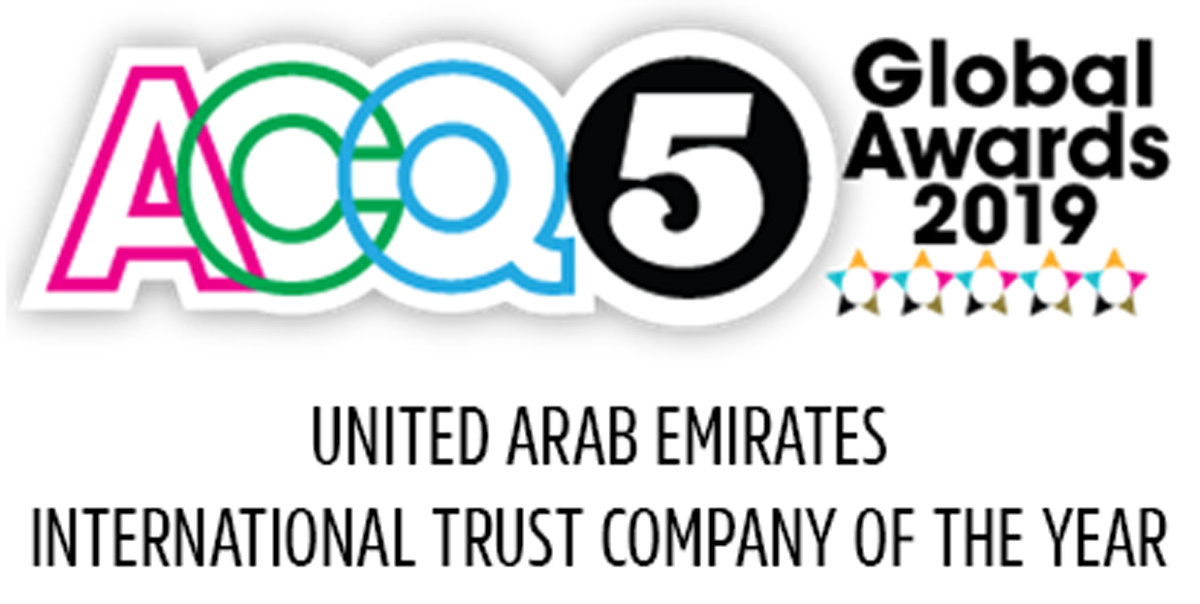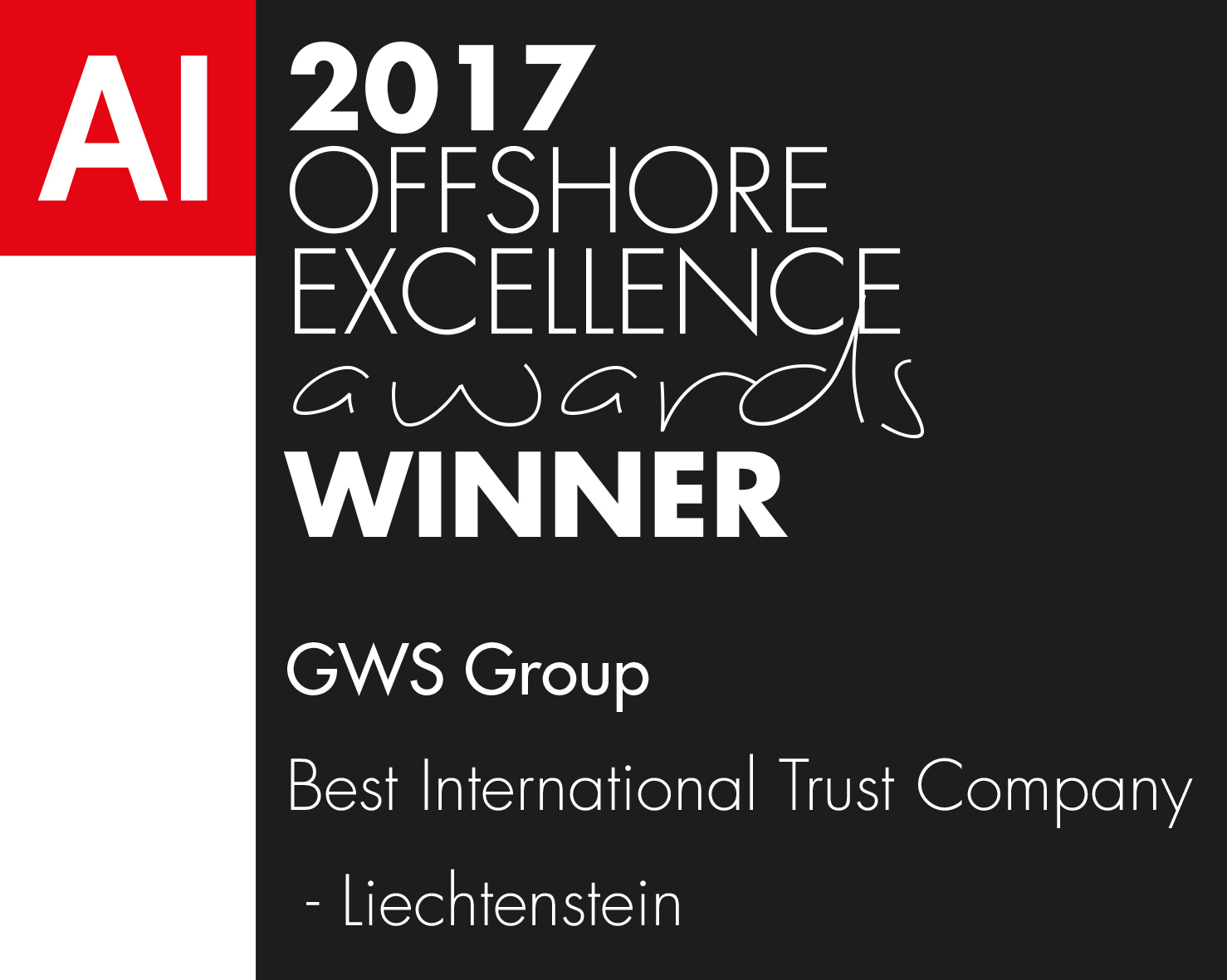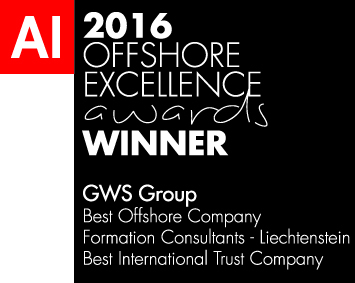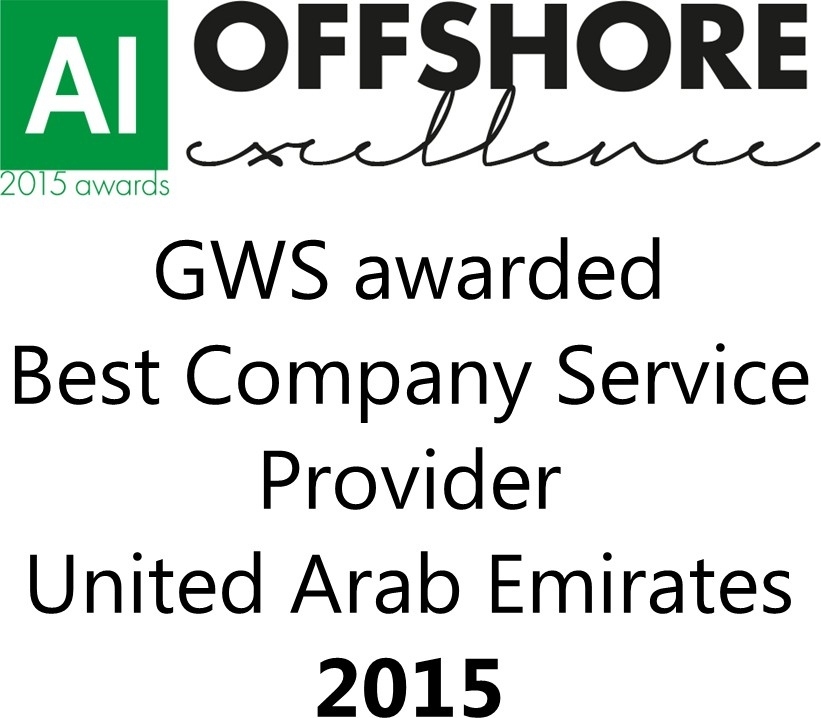FAQ
What are offshore companies?
An offshore company is one that conducts its business outside the jurisdiction in which it is incorporated.
An offshore company has three main features:
1. The company should be registered within the jurisdiction of incorporation;
2. The incorporator(s) need to reside outside the jurisdiction of incorporation
3. The company should also operate outside the jurisdiction of incorporation at all times. Offshore companies are most commonly associated with increased tax benefits.
Why use GWS to open an offshore company?
a) Our experts have many years experience in this field, building up an impressive network of offshore service providers.
b) We are members of several global tax planning organizations
c) We offer individual advice for all clients
d) We ensure our advisors are always aware of the latest laws
e) We are among the most competitive offshore providers
Please refer to the section “Our Guarantee” for more details
Why are your fees so low, compared to your competitors?
We have our own offices or associates in each jurisdiction, so we cut out the middle man and offer a service from ourselves directly to your company.
Can I choose my company name?
Most definitely! Our suggestion is that you do this. You will be requested to enter two company names on the application form, giving the preferred name first. We then have to check with the Company Registry from the offshore jurisdiction of your choice, to find out if either of the names can be used. If neither name is available, we will suggest some alternatives. We can also send you a list of shelf companies on request.
What is the difference between a shareholder and a director?
A shareholder owns the company by means of a share certificate. Companies can be owned by one or more shareholders. The shareholder can also be a company, as well as an individual. A director is responsible for the company management. The director signs business contracts, opens accounts for the company, etc. Directors are either elected by shareholders, or appointed by resolution. A company can have one or several directors and can be an individual or a company.
Can a person hold the title of company shareholder & director at the same time?
Yes, in most jurisdictions. It is common to find that a company shareholder is also a director.
Should I pay tax on my company’s profit or interest earnings?
Generally, company profit and interest income is not subject to taxes in most of the jurisdictions we work with. However, some jurisdictions, e.g. Hong Kong, tax profits made in the jurisdiction, and Cyprus charges 10% flat rate tax.
Should I personally go to the bank to open an account?
You are under no obligation to open a bank account in person. The entire process can be completed by mail. Nevertheless, we can arrange a personal meeting with a manager of one of our banks, if you wish.
Will a bank account be opened automatically for my company when I open an offshore company?
No, this is not automatic. If you request this option, we will collaborate with you to choose the most suitable bank for your needs, from our banking network. The bank will then inform you if they are able to open an account; this depends on the personal information you provide and also the nature of your business. However, in over 95% of cases, we have successfully opened an account for our clients.
Which banks do you use?
We are unable to disclose the establishment names for legal reasons. Nonetheless, we can assure you that we only deal with the most reputable banks, which can offer you a professional service in all areas (anonymous debit and credit cards, internet banking etc).
Can I open a private account as well as a company account?
Yes, of course we will be able to help you open a private account as well one in the name of your company.
What fees will I have to pay to maintain the bank account?
Banking fees depend on which establishment holds your account. The average account maintenance fees are approximately 200 Euros per year. Once the account is opened, GWS does not charge any further fees.
Can my bank account be in more than one currency?
After opening your bank account, a multi-currency account can be selected, allowing you several currencies in the same account. The bank then automatically opens a ‘sub-account’ when a new currency is used, meaning you will not be liable to pay exchange fees.
How do I use my offshore account funds?
As with any other bank account, your funds will be managed with, cheques, debit/credit card transactions, or cash deposits/withdrawals at the bank. Internet banking will also be available to you.
What is a nominee director?
A nominee director ensures the highest level of confidentiality; the director’s name appears in the business contracts and company documents, as well as on the jurisdiction’s business register. When a nominee director is appointed, the nominee and client will sign a Nominee Service Agreement. This guarantees that the nominee can only act or sign documents with the client’s prior permission. GWS provides professional directors who will perform with the highest level of veracity and privacy at all times.
What is a nominee shareholder?
A nominee shareholder shields the real company owner from being connected publicly with the company. When a nominee shareholder is appointed, the nominee and client will sign a nominee service agreement (declaration of trust). GWS provides nominee shareholders who will perform with the highest level of veracity and privacy at all times.
What is notarization and apostille?
Notarization means that any documents issued for your company will be checked by a notary (usually a lawyer) to confirm their authenticity. An apostille is a form of authentication for your company documents, carried out by the government of the jurisdiction where your company has been incorporated and internationally recognized This option is strongly recommended, particularly if you open a bank account or your company documents are required for any legal proceedings, e.g. to conclude a contract.
Which jurisdiction is the best for our company?
An essential aspect when deciding on a jurisdiction is to ensure that the country you choose for your company’s incorporation has at least the following advantages:
- Is economically and politically stable
- Has constant and dependable communication methods
- Has a good reputation and superior corporate laws
The above benefits can be found in all the jurisdictions we offer, but your type of business and your location will also be taken into account when choosing the right jurisdiction. Our expert team will explain the differences, in order for you to make the most logical choice for your own individual needs. For an exceptionally confidential service, fast incorporation and low fees, Belize or the Seychelles are worth considering. If you want greater guarantees, look at onshore jurisdictions, such as Cyprus.
What are shelf companies?
A shelf company, or “off the shelf” company, is one which has already been set up and is ready for a client to buy, greatly reducing the time it takes to create and register a company. The new owner can then begin trading under the company name. The main advantages of “off the shelf” companies are:
- Significantly reducing the time it takes to create a new company
- The company appears to be well established, even though it is actually new
- In some jurisdictions, a fixed business age is necessary for contract bidding
NB: a shelf company is likely to be more costly than a newly incorporated company, due to its age.
When will I receive my corporate documents?
This depends on which jurisdiction you choose; please check the small print for more information. Normally, you will receive the documents approximately two to six days after your company has been incorporated.
Must I visit your offices to register my offshore company?
No. The whole process can be completed by mail.
Will my company need to provide accounts to tax authorities?
In general, no; this is the reason why many offshore companies are founded. On the other hand, in a small number of jurisdictions, e.g. Cyprus, companies do need to produce audited annual accounts and, possibly, pay taxes (please see the table comparing jurisdictions, elsewhere on the site). Even though your company may not need to create these reports for tax purposes, you should still obtain advice from an advisor from the country in which you live, to ensure your obligations are fulfilled, if applicable.
How do I pay the fees?
Payment can be made either by credit card, bank transfer or Western Union. Cash payments can also be made at our offices, if you find this convenient.




